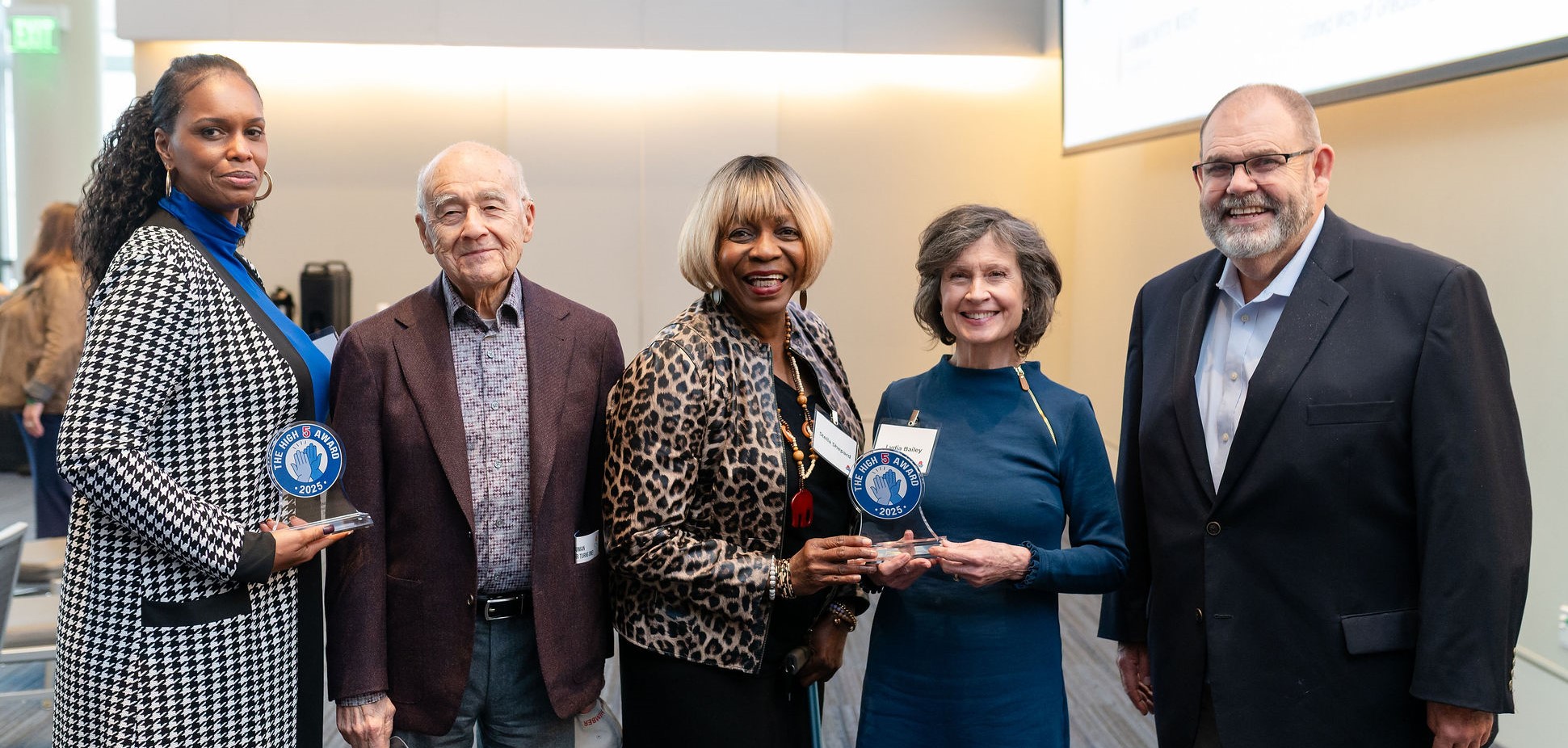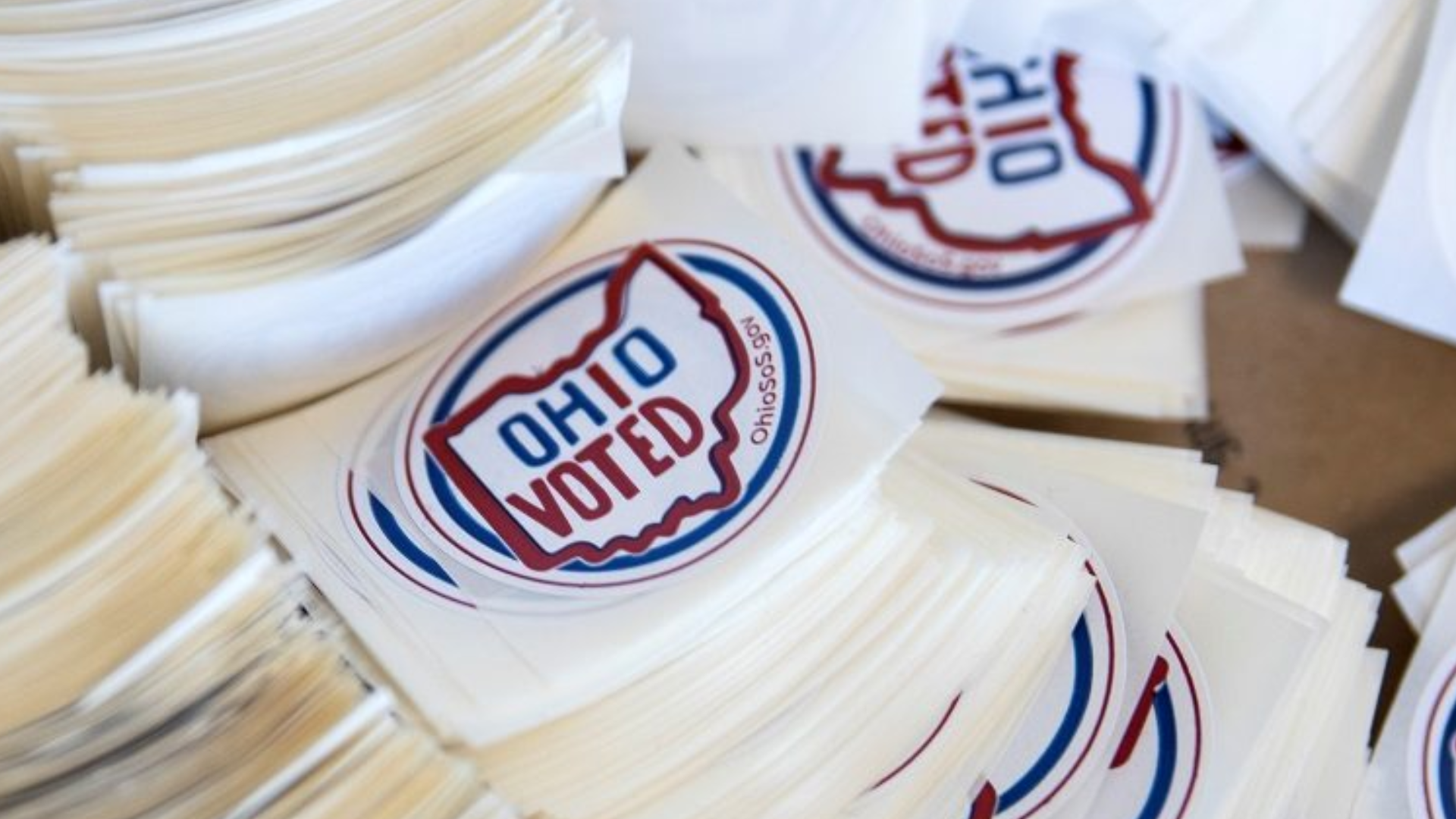By: Staff, Public PolicyWe are excited to share our inaugural blog post on what we are thankful for…the policy edition. We often share updates on health and human services policies, but they aren’t always positive. With this blog, we focused on a few of (but not all) the policy developments that help move Ohio in the right direction. Our goal, as always, is to have more to add to this list next year and beyond. Without further ado…what we are thankful for, 2023!
Ohio moved toward a policy of continuous Medicaid coverage for kids.
Steadier connection to Medicaid coverage for kids—Tara Britton
Earlier this year, tucked into the state budget bill, Ohio moved toward a policy of continuous Medicaid coverage for kids. This means that children between birth and their 4th birthday who are in families that make them initially eligible for Medicaid won’t have to re-certify their coverage at all within this period and maintain coverage to their 4th birthday. This will make a big difference in the lives of Ohio kids, who are at risk of losing coverage when life happens, and annual recertification forms don’t get filed in time, or there are other changes in family circumstances. We are grateful for this policy because young kids can keep access to vital health services including well-child visits and vaccinations that help them get off to a good start in life.
Increasing access to doula services through Medicaid—Natasha Takyi-Micah
At Community Solutions, we are grateful that Ohio is on the path toward Medicaid reimbursement for doula services. We have been advocating for this initiative for many years as one of the strategies to reduce the alarming infant and maternal mortality rates in Ohio. As many of us know, doulas are advocates for pregnant individuals and their families in medical settings. They help create birth plans, utilize techniques to reduce pain and trauma, provide guidance on laboring positions, and more. I shared my experience working with a doula during my pregnancy and explained how doulas can reduce the chances of unnecessary health risks and procedures. Thanks to the state budget, HB 33, which incorporated doula certification and a reimbursement process through Medicaid, more individuals from low-income families and Black and brown families will have access to doulas without worrying about extra expenses. Most importantly, they will be able to live healthier lives during and after pregnancy.
59 percent of people who retained Medicaid coverage were renewed through ex parte processes in Ohio.
Thoughtful approach to the “unwinding” of the public health emergency protections—Brandy Davis
This year at Community Solutions we are grateful that Ohioans are not immediately terminated from Medicaid when their paperwork has not been received. As of November 8, 2023, 59 percent of people who retained Medicaid coverage were renewed through ex parte processes in Ohio. Due to the use of bots, robot calling, and data review, at least 1.3M Ohioans who were eligible for Medicaid were able to maintain enrollment. This means that at least 1.3M Ohioans will be able to continue access to potentially life-saving medication and treatment this holiday season.
Connecting with advocates at the local level to emphasize the importance of public funding—Kyle Thompson
Community Solutions expresses deep gratitude for the impactful work of the 12 nonprofit organizations that received GCARP grants. These organizations have a wide range of focus in their priority which has been instrumental in advocating for ARPA and pandemic recovery in Cleveland and Cuyahoga County. Through our GCARP grants, we also worked to connect organizations to civic opportunities that typically do not get a seat at the table in policymaking. These opportunities became key moments that we relied on to create relationships with organizations to support them in their own work. We look forward to continuing our work to strengthen advocacy efforts and contribute to positive community outcomes in ARPA advocacy.
By engaging in additional treatment and harm reduction strategies the state can continue to fight the opioid epidemic and work to prevent unnecessary deaths.
Implementing public health strategies to reduce harm from opioid misuse—Dylan Armstrong
We at Community Solutions are grateful that the state has taken additional steps to prevent Ohioans from dying due to opioid overdose. This includes legalizing the possession and use of fentanyl testing strips, allowing patients of Opioid Treatment Programs to take-home doses of methadone and start treatment with buprenorphine through telehealth, and installing naloxone boxes at rest stops, public colleges and universities, and independent higher education institutions. Overdose deaths in Ohio during 2021 totaled 5,210 with 4,313 related directly to opioids. By engaging in additional treatment and harm reduction strategies the state can continue to fight the opioid epidemic and work to prevent unnecessary deaths.We look forward to building upon these positive policy steps in 2024!








